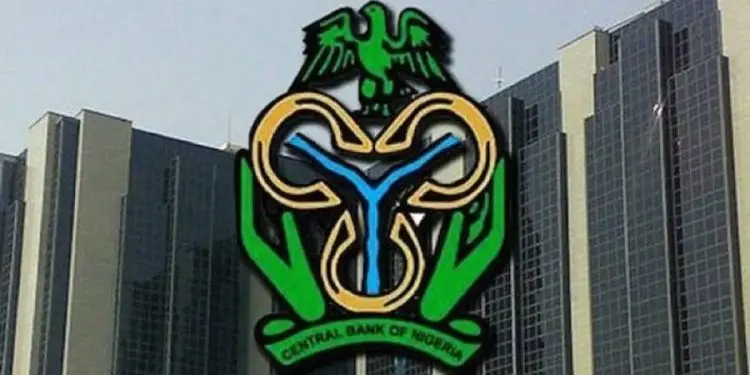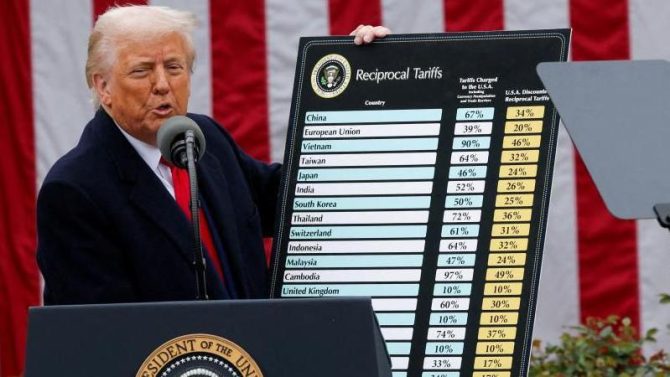After eight years, the Central Bank of Nigeria (CBN) has officially lifted the foreign exchange restrictions on 43 previously banned items.
This decision marks a significant development in Nigeria’s economic policy and has garnered considerable attention. Here is a breakdown of the 43 items that are no longer subject to foreign exchange restrictions:
Rice
Cement
Margarine
Palm kernel
Palm oil products
Vegetable oils
Meat and processed meat products
Vegetables and processed vegetable products
Poultry and processed poultry products
Tinned fish in sauce (Geisha)/sardine
Cold rolled steel sheets
Galvanized steel sheets
Roofing sheets
Wheelbarrows
Head pans
Metal boxes and containers
Enamelware
Steel drums
Steel pipes
Wire rods (deformed and not deformed)
Iron rods
Reinforcing bars
Wire mesh
Steel nails
Security and razor fencing and poles
Wood particle boards and panels
Wood fiberboards and panels
Plywood boards and panels
Wooden doors
Toothpicks
Glass and glassware
Kitchen utensils
Tableware
Tiles-vitrified and ceramic
Gas cylinders
Woven fabrics
Clothes
Plastic and rubber products
Polypropylene granules
Cellophane wrappers and bags
Soap and cosmetics
Tomatoes/tomato pastes
Eurobond/foreign currency bond/share purchases
This development is expected to have far-reaching implications for Nigeria’s economy and international trade. The decision to lift the foreign exchange restrictions is seen as a major step towards opening up Nigeria’s trade policies and facilitating a more liberalized economic environment. It will be interesting to observe how this decision impacts various sectors and industries in the coming months. Stay tuned for more updates and analysis on this significant policy change.




